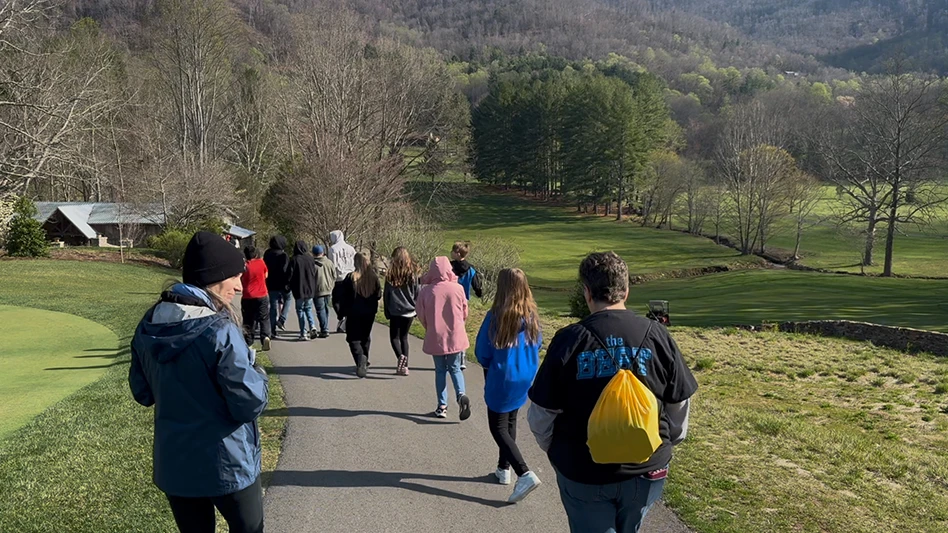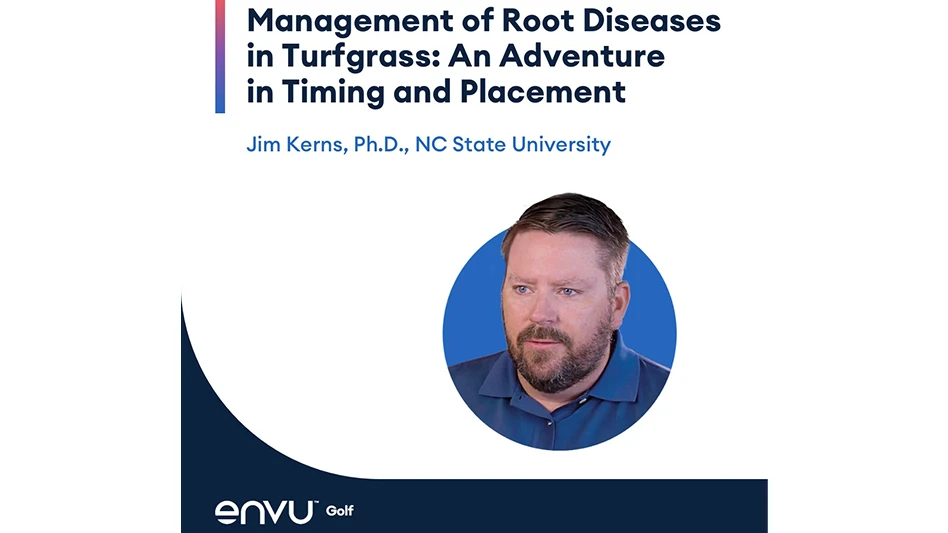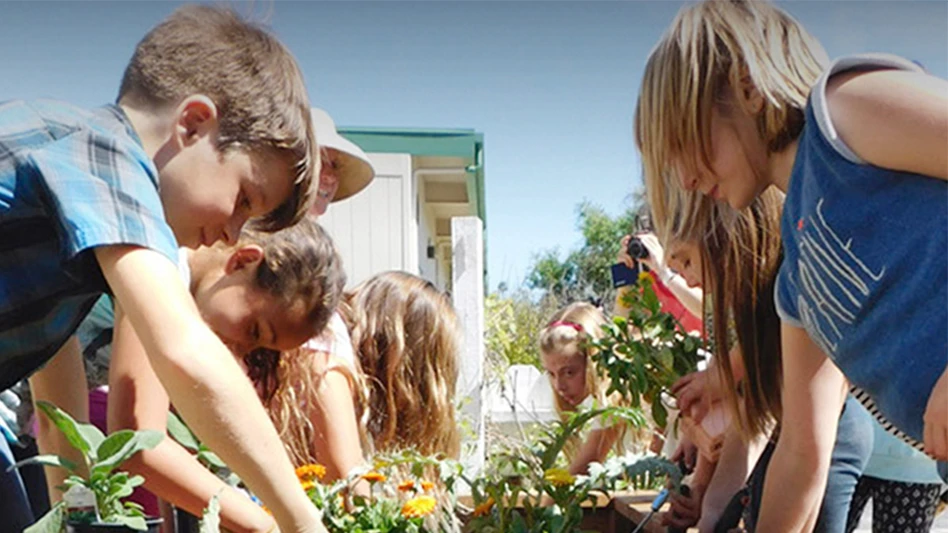 SchulzDick Schulz had hoped for a shot at pro football but injuries during his playing days at the University of Tennessee Chattanooga scuttled those plans. Instead, he graduated in 1979 with a self-designed major in golf design/course management and ambitions to become a course superintendent.
SchulzDick Schulz had hoped for a shot at pro football but injuries during his playing days at the University of Tennessee Chattanooga scuttled those plans. Instead, he graduated in 1979 with a self-designed major in golf design/course management and ambitions to become a course superintendent.
One of his first jobs took him to the Pocono Mountains in Pennsylvania, where he worked at an exclusive private club under a Dutch superintendent named Levi Travis. Travis picked Schulz’s brain regarding the latest turf-management techniques he had learned in school while Schulz absorbed all he could from Travis.
After a year, Schulz returned home to Tennessee, putting what he had learned under Travis to work at courses in Gatlinburg and Crossville and later at Atlanta Country Club.
While at Atlanta, he learned about a Bobby Jones-designed, nine-hole course in nearby Covington. The facility had been closed for a decade and the course had largely grown over. The owner eventually asked Schulz to restore the original nine and design another nine that would flow with the Jones’ holes. He offered to make Schulz a partner at this new facility, The Oaks Course. Those were the magic words Schulz had been waiting to hear and he left Atlanta at the end of 1989.
Schulz put countless hours into The Oaks, but the primary owner ran into financial and legal difficulties. For his efforts, the court awarded Schulz and the original Limited Partners, ownership if he could pay off the supplier creditors within a year. He did it in half that time.
“Then there was my dad. He went years without a paycheck while working for us. Family is key.”
Paychecks and mortgage payments are the hardest part of being an owner rather than a superintendent, Schulz says. “I have 25 paychecks I have to fulfill every week. That’s 25 families affected by this business. Making that payroll and making sure the bank is paid on time are the two things I worry about most.”
Schulz believes being a superintendent is the best way into course ownership. “If you can make the grass grow you can make the rest of the operation work,” he says.
But it is harder to make a golf course successful today, Schulz concedes. The country is oversupplied with golf courses because of bad data developers received during the 1980s and 1990s with the “build a course a day” mantra.
Then along came Tiger Woods. Millions of people bought clubs without taking lessons. After a few months they quit. “Golf is the most frustrating game in the world if you don’t learn a few basic swing mechanics,” Schulz says. “We learned from that and have been offering a ton of clinics where we teach those mechanics to beginners and kids.”
Despite the recession and its effects on golf revenues, superintendents can still turn existing operations around as owners, Schulz believes. But they have to be very careful selecting a property and a market.
“Those with a secure position they like may want to stay rather than venture out on their own,” he advises. “If they decide to go it alone, they need to make sure their spouses are on board and they must be risk-takers.
“Superintendents who want to be course owners have to be willing to get involved in every part of the course operation. Superintendents generally like being outside and the smell of the grass. But an owner has to be willing to spend time inside, poring over the numbers. Still, 90 percent of the time, I wouldn’t trade the life of a course owner for anything in the world.

Explore the June 2010 Issue
Check out more from this issue and find your next story to read.
Latest from Golf Course Industry
- The Aquatrols Company hires marketing manager
- Renovating Bredemus in West Texas
- Renovation starts at Okatie Creek GC at Sun City Hilton Head
- The Fittest Podcast in Turf: Episode 1
- New 6-hole course debuts in Oklahoma
- GCSAA announces Grassroots Ambassador Leadership Award recipients
- Reel Turf Techs: David Gummo
- PBI-Gordon promotes two to executive level





